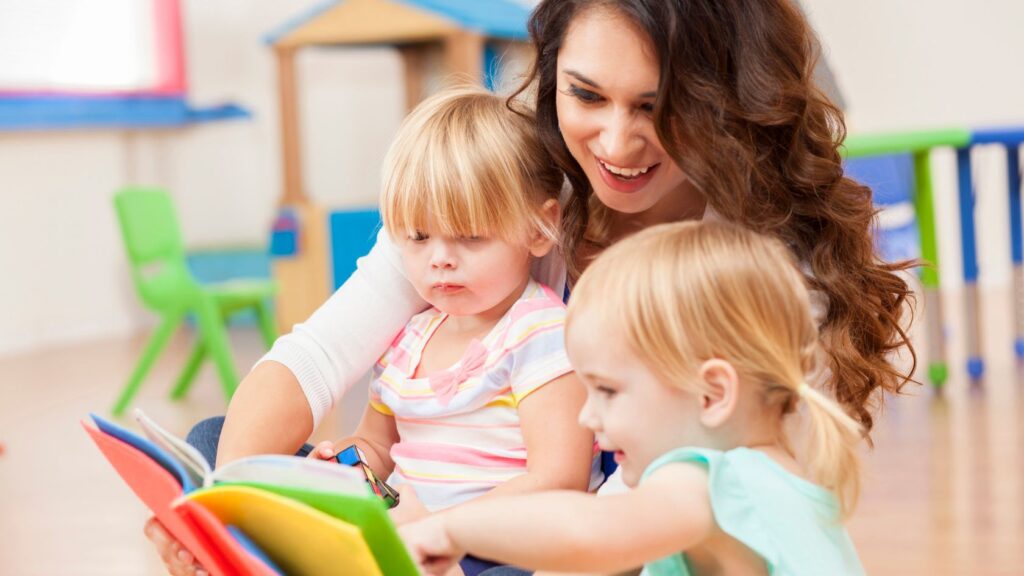Start School Early: Is Your Kid Ready for School?

For the past years, there has been a noticeable change in the age by which children start school. Today, there are preschools admitting kids as young as 6 months old. Parents nowadays, for different reasons, prefer to enroll their children at a very young age. For some, it may be a matter of convenience. For most others, it’s based on the belief that this would help the child’s developmental skills early on.
If you are considering enrolling your infant or toddler this coming school year, analyze whether your child is ready to be in school.
Is Your Child Ready for School?
To determine whether your child is school-ready, below are some tips you should observe and consider.
1. Observe the level of independence of your child. Can they eat meals on their own? Can they already wash their hands? Remember that while there is a teacher in preschool, your child will basically do small, personal things on their own. They must be able to handle such tasks with minimal supervision.
2. Evaluate your child’s communication skills. Can your child effectively convey what they have in mind or what they feel? Can their manner of communication be understood by other people around them? As your child will be spending time with new people, they must be ready to express themselves and communicate effectively.
3. Assess whether your child is capable of spending time away from you. Do they throw tantrums every time you leave them with the babysitter? Do they feel comfortable staying with the grandparents when you leave for a business trip? If your child has not yet overcome separation anxiety, it is still probably too early to enroll them in school.
4. Determine whether your child is used to following a fixed schedule. Do they have a standard timetable at home? Do they recognize if it is play time, sleep time, bath time, and meal time? Your child will have to abide by a schedule once they enter school. Therefore, they must already have a sense of regularity and must be able to follow a planned set of activities.
5. Finally, gauge your child’s physical fitness. Your child will be engaged in various activities, which require a certain level of strength. Moreover, they will be playing and interacting with other kids whose energy levels they have to keep up with.
What is the Best Age for Children to Start School?
The age at which kids should start school has been a hot topic among parents, teachers, and child development experts for quite some time. Most countries tend to suggest a start age between 4 and 6 years, but the “best” age really depends on the individual child’s readiness. Each child is unique, and factors like emotional maturity, social skills, and cognitive development can play a big part in determining if they’re ready for the school environment.
Research shows that when children start school at an age that matches their developmental milestones, they tend to adjust better, form positive friendships, and do well academically. It’s also worth considering the kinds of early experiences your little one has had. Play-based learning environments, like preschools, can prepare them wonderfully by nurturing curiosity, problem-solving skills, and confidence.
When deciding, think about your child’s ability to handle routines, follow instructions, and get along with other kids. These skills are really important for a successful school experience. There’s no one perfect answer, so take some time to observe your child’s individual needs and chat with early childhood educators or pediatricians for guidance. In the end, the goal is to make sure your child starts school when they’re ready to shine and thrive!
What If Your Child Is Not Yet Ready for School?

If it appears that your child is not yet ready to start school, don’t feel disappointed. Not all children are suited to enter school at a very early age. Your child will eventually acquire the skills needed to enter school at a normal age.
Meanwhile, there are several activities, as well as interventions, you can do at home to keep your child occupied and get them ready for school. These include educational toys, puzzles, books and reading materials, arts and crafts, worksheets, and more. It is even a good opportunity for you to bond with your child while they aren’t attending school yet.
Remember, every child is unique and there is no competition with other kids. No matter how early or late you bring your little one to school, what matters most is that they feel supported, confident, and excited to learn. Focus on creating a nurturing environment that encourages curiosity and growth at their own pace. By being a present parent, you can set the foundation for a positive and lifelong relationship with education.